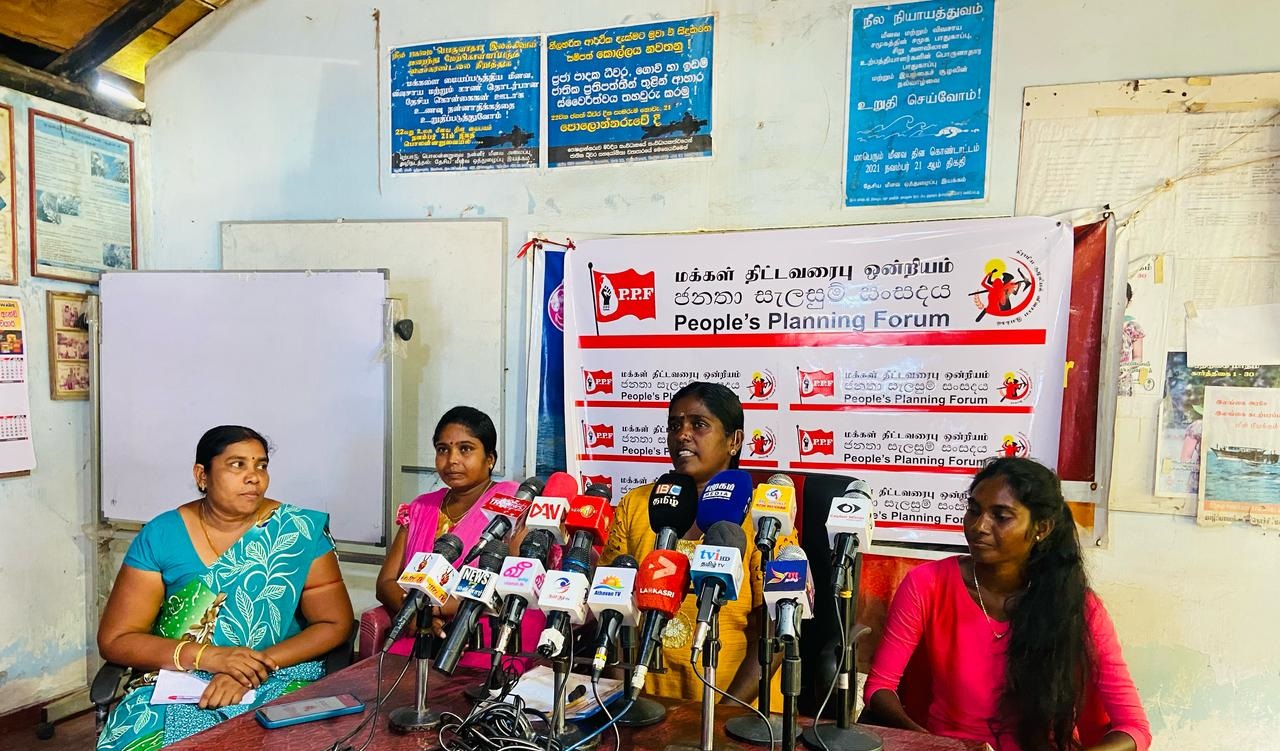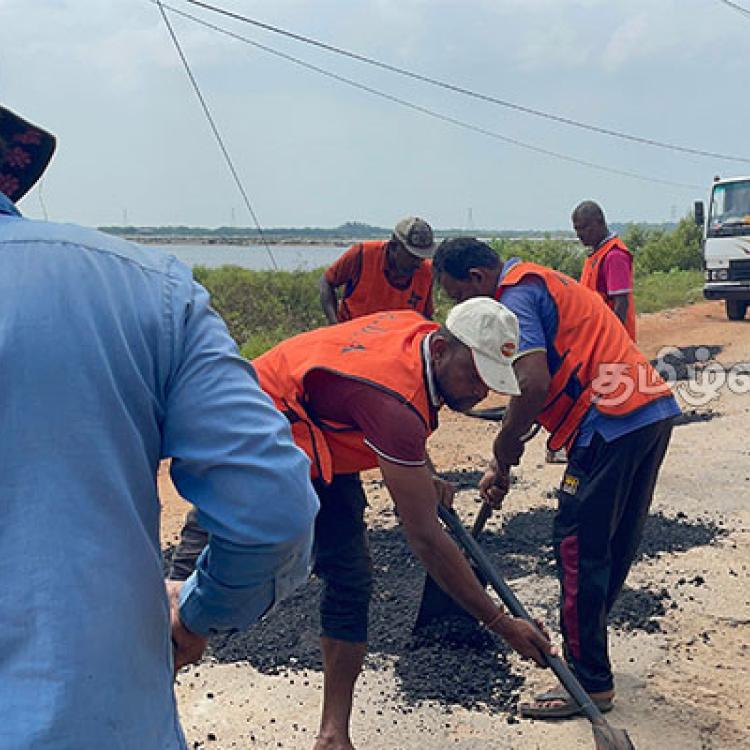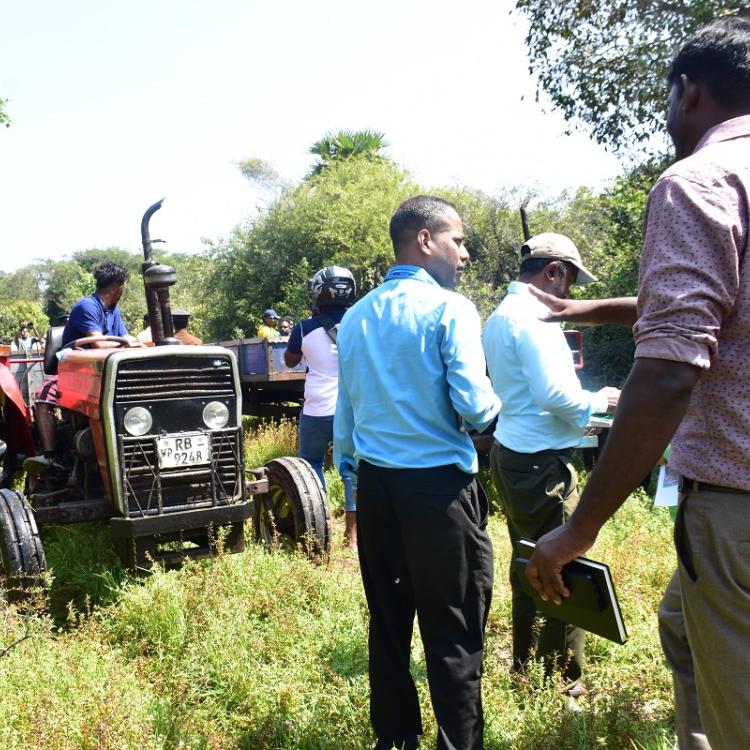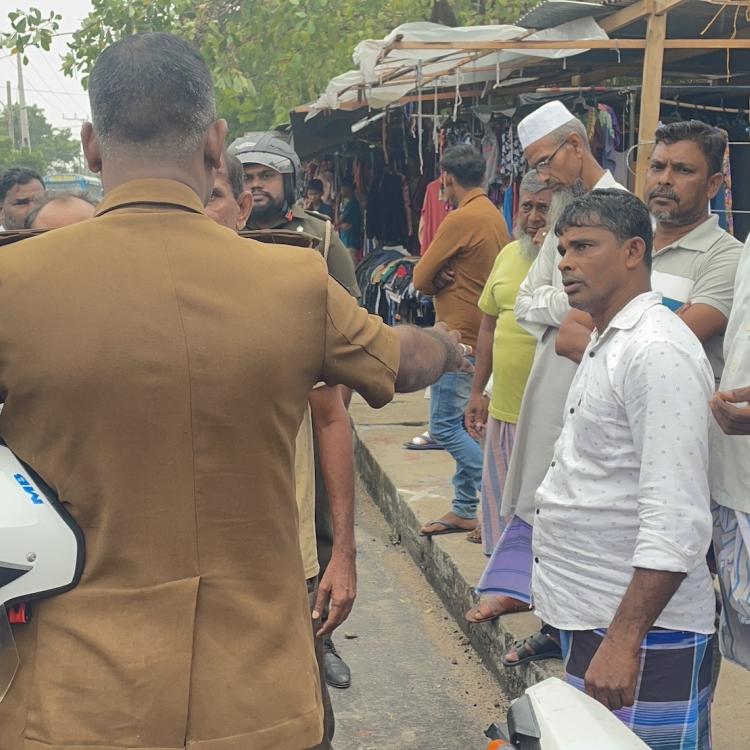
Civil society representatives in Mannar have renewed calls for urgent action to address the dire public transport crisis affecting thousands of residents in the Madu region and surrounding border villages.
At a media briefing held on 7 April and presided over by Nadarajha Devakrishnan, General Secretary of the People's Planning Forum, community leaders and activists highlighted the long-standing demand for direct, two-way public transport routes between Madu and Mannar town.
They noted that the absence of reliable public transport services severely affects access to essential government services, education, healthcare, local trade, and agricultural markets. Residents are currently forced to rely on costly private transport or walk long distances—an ordeal that consumes entire days and disproportionately impacts students, the elderly, and those with health conditions or special needs.
The dropout rates of school students are slowly increasing, warned Devakrishnan, stating that it poses a serious challenge to the future of the region’s youth.
To address the crisis, representatives proposed three concrete measures:
1. Introduction of a direct, two-way public bus service from Chinna Valayan Kattai to Mannar town, passing through over a dozen villages including Parasan Kulam, Mankindi, Madheena Nagar, Madu, and Madhu Junction.
2. Reconstruction of the remaining 8 km stretch of road between Mullikulam and Palampitty, which is currently in disrepair.
3. Launch of a two-way public transport service linking Vidaththaltheevu, Pallamadu, Palampitty, and Iranai Iluppaikkulam Junction to Vavuniya.
These proposals, the People's Planning Forum stated, would significantly benefit more than 14,200 residents in over 85 villages and improve access for over 2,500 students from 50 schools in the Madu region, along with teachers, healthcare workers, and government employees.
The briefing also emphasised the importance of these services for students pursuing higher and technical education in Murunkan, Mannar, and Vavuniya.
Devakrishnan and others at the briefing urged authorities to implement these measures without delay, stressing that the right to accessible, affordable public transport is essential for realising broader goals of regional equity, educational access, and rural development.



